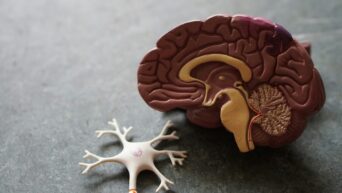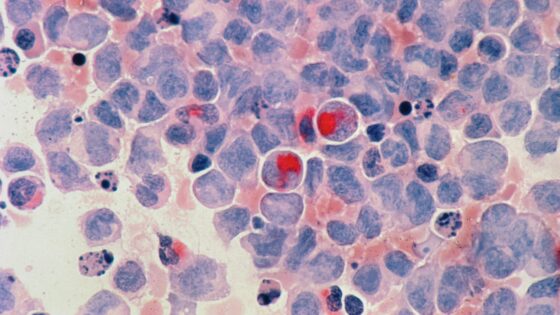How many times have we turned on the news and saw incredibly smart people make very bad decisions?
Even people that we interact with on a daily basis that seem smart sometimes make decisions that make you scratch your head.
As scientific literature points out, under the right circumstances, a subconscious neurobiological sequence in our brains cause us to perceive the world around us in ways that contradict objective reality; a distortion of what we see and what we hear, basically.
What’s scary to think about is that we don’t even realize that we are doing it or can even control it. The reasons behind making bad decisions seem to be associated with obtaining a major reward or as a way of coping with high anxiety situations. We may see situations that we would question why someone would ever do that, but when we do something similar, our thoughts are distorted, and we don’t see anything wrong with it.
After the bad decision was made, we tend to stick with it. We try to filter our dissenting information and find data to support the decision that we made. This is a clear example of the distorted perception that our brains undergo.
How do we avoid making these decisions? We need to realize how vulnerable we are to various situations. It is imperative that we become aware of situations that stoke our fears and desires. Understand what could trigger a decision that is not fully thought out. Before making any decisions, run it by someone in your life that you trust. A lot of times, after hearing it asked out loud, we would realize how wrong it is.
If we take a moment to think about the consequences of an action, we are more likely to decide against it. In those moments of anxiety or desire, we tend to only focus on the here and now. Knowing what the worst thing that could happen would be would most likely lead us to choose an alternative solution.
































